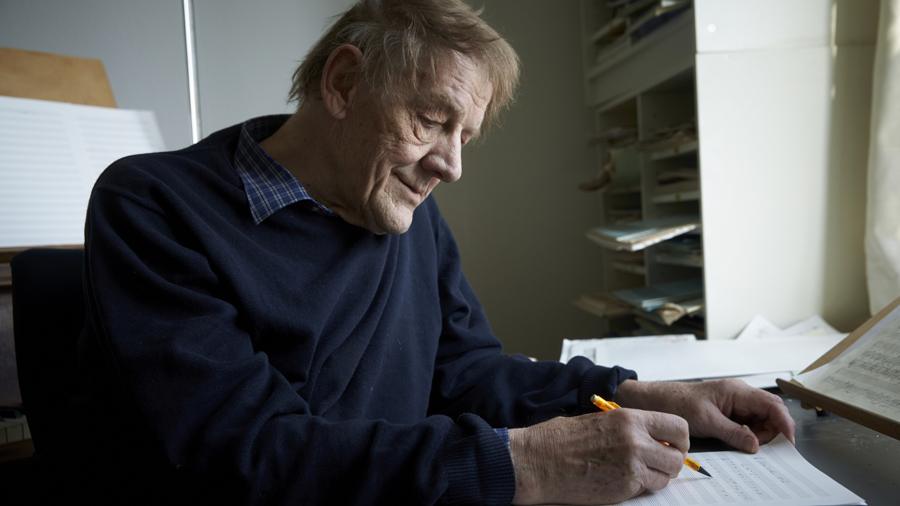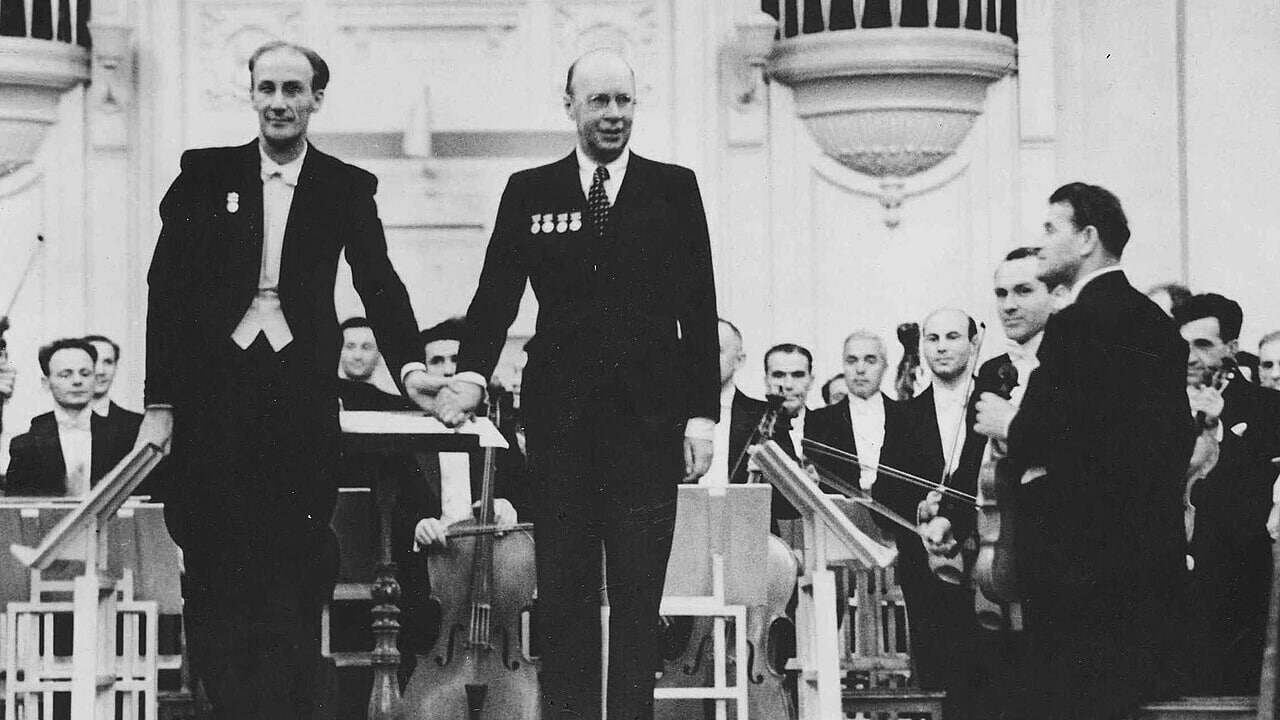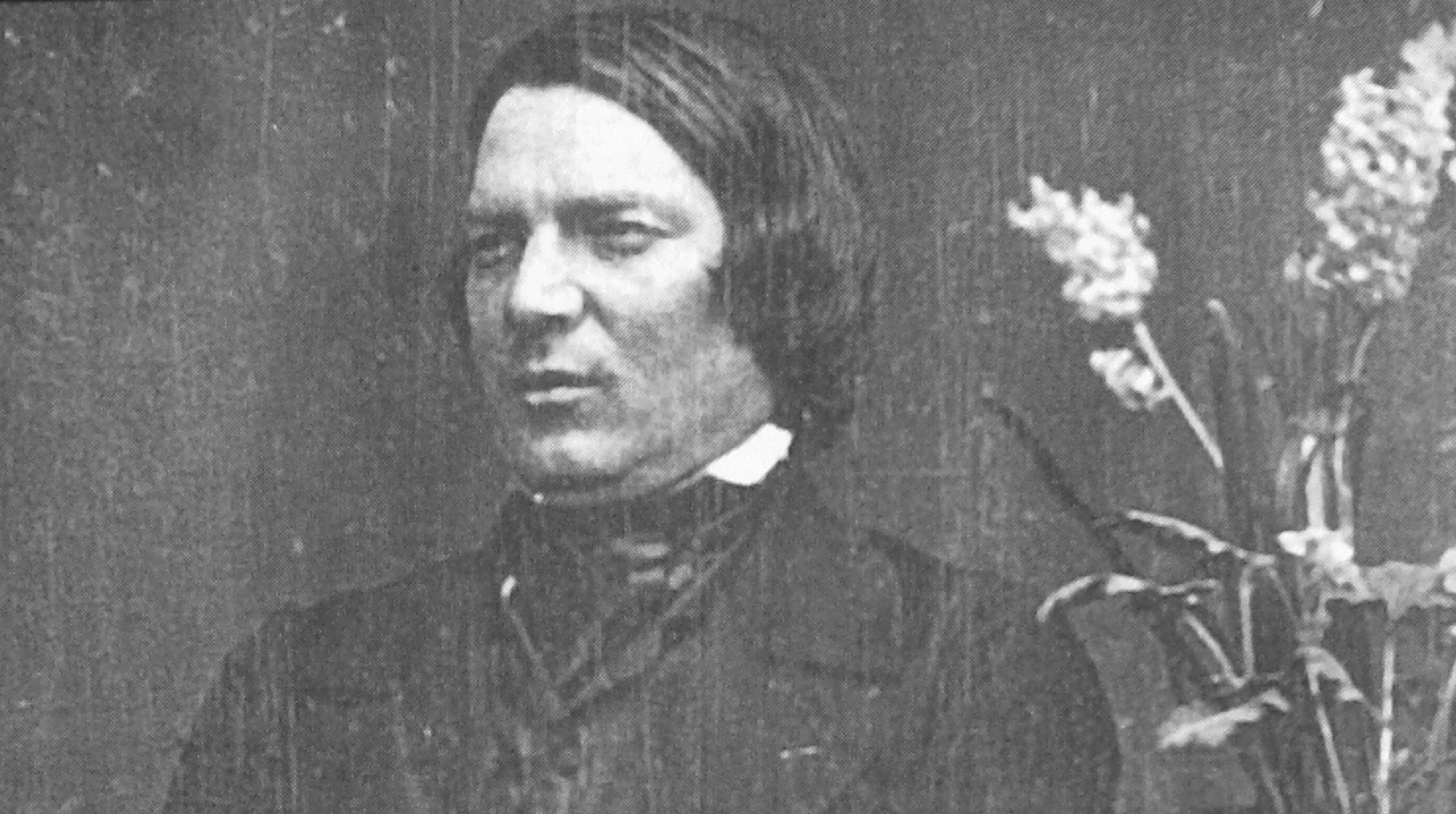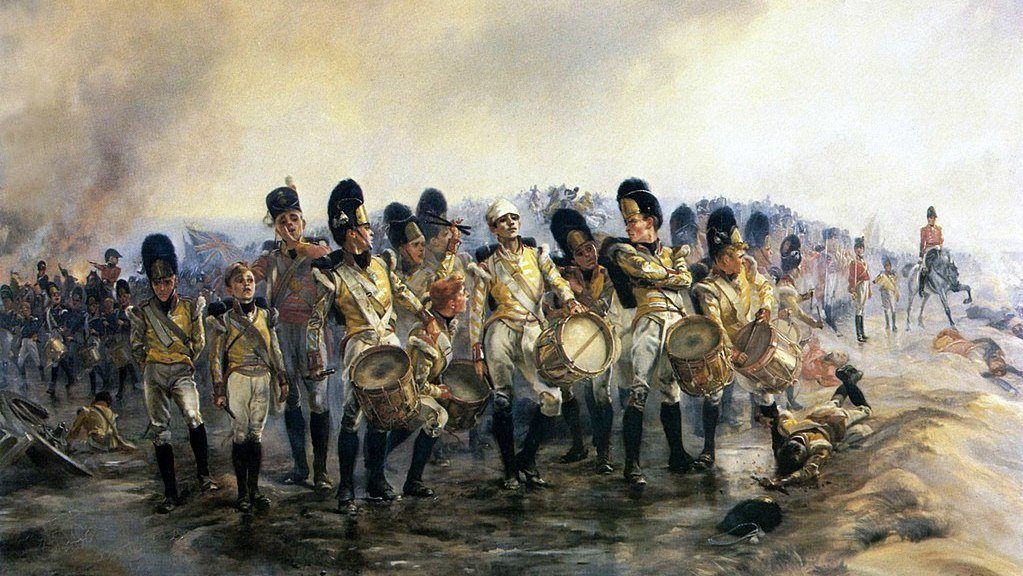Remembering Per Nørgård
Per Nørgård, who was widely regarded as the most prominent Danish composer since Nielsen, passed away last Wednesday, May 28 in Copenhagen. He was 92. Nørgård left behind a catalogue of music which includes eight symphonies, six operas, and numerous chamber and concertante works. He said that his music resides within “the universe of the Nordic mind.” In his youth, he corresponded with Jean Sibelius. Beginning in the 1960s, Nørgård developed a …







